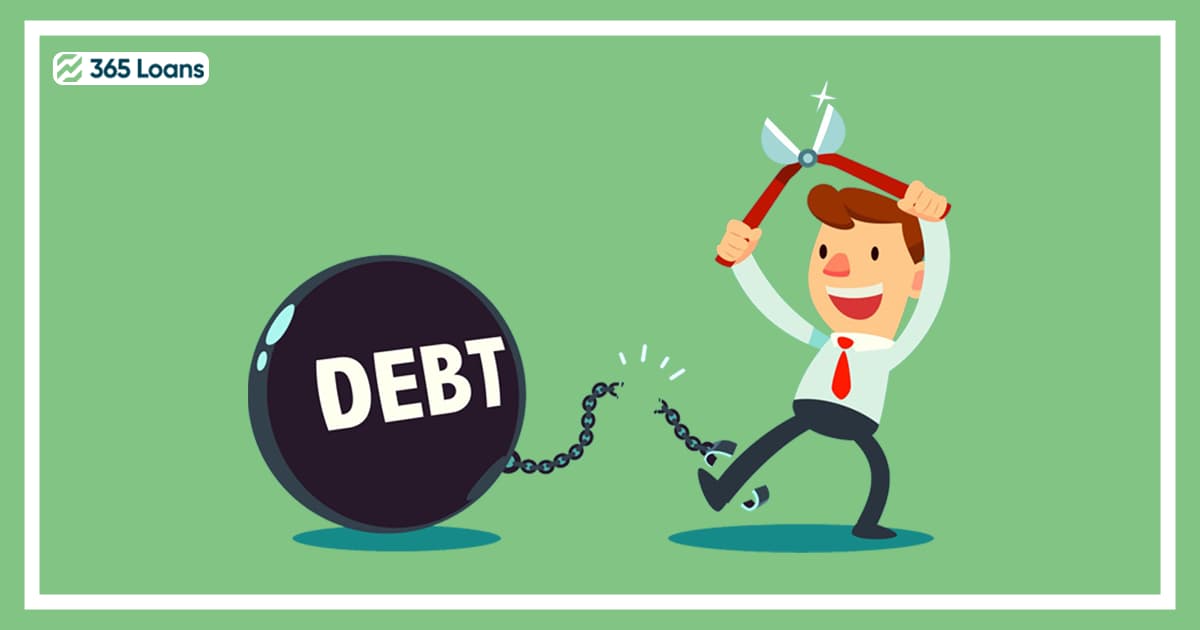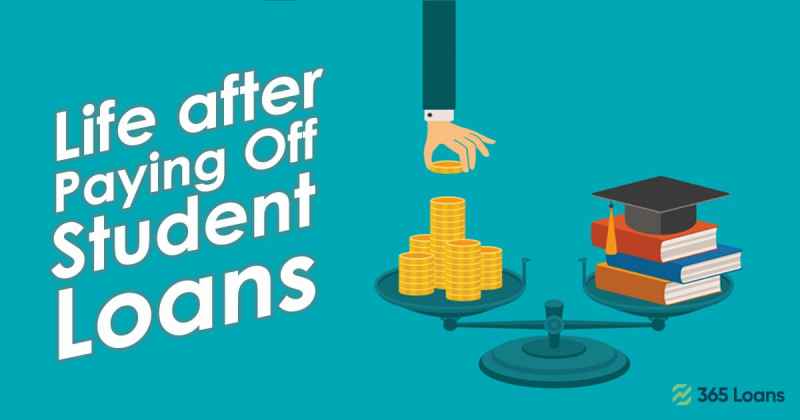Life after paying off student loans can seem like a far-off fantasy when battling student loans. But millions of borrowers have made it a reality by making their last student loan payment, allowing them to cross the finish line.
We wanted to catch a glimpse into the process of paying off college debt and life once it is. For that purpose, we cherry-picked data from former student loan borrowers who had fully paid their college debt. In addition, we listed 9 of the best next steps you can take after you pay off your student loan.
Quick Facts
- Paying more than the minimum amount due each month is the most popular student loan repayment method.
- Repaying college loans early in life necessitates postponing important life objectives like trips and dining out.
- Seven out of ten respondents pay off their student debt in five years or less from the time they graduate until their last payment.
- The most significant setback to student loan repayment is living beyond practicable means.
What is life after student loans?
According to a survey conducted by Student Loan Hero on life after college debt, achieving this debt objective has had a favorable impact on nearly half (48%) of borrowers who have paid off their student loans in terms of how they view their finances.
46 percent more people said that paying off their debt had little to no impact on how they felt about money. Furthermore, people who paid off their student loans generally confirm they feel optimistic about it being a lesson for better money management. Finally, people who paid off their college debt borrowed less overall money and could quickly pay off these lesser balances.
What happens after you pay off your college debt?

Reaching the phase of making your final student loan payment is not an easy target, and certainly not always goes as planned. However, one crucial thing that happens after you pay off your student loan is receiving a letter of proof that the debt has been repaid.
Your lender should send you a letter of congratulations and confirmation that you paid off the debts. You will want to keep this letter for all time. Then, if anything were to happen to the lender in the future, that letter would be able to demonstrate that you are debt-free.
A common thing among most people who paid off that debt is their wish they had worked harder to pay it off. While it might be late for remorses, there are some crucial steps you can take after you repay your loan.
9 essentials to do after you pay off your student loan
1. Rejuvenate and Rethink
Even if you have applied for an income-based student loan, it still must have eaten out a significant chunk of your monthly earnings.
After paying off your student debt, one of the first things you can do is relax and revitalize your energy. Then, use the time off to plan your future and the decisions that will affect you in the long run.
Debt financing is an inevitable part of our lives, but rethink it if you can avoid it in the future. Do not let your student loan installments memories evaporate in thin air.
2. Invest in yourself and improve your skills
Practically, that is your best investment, not only after your student loan savings but lifelong. The dynamic and rapidly changing economic conditions demand that everyone stay abreast of the newer challenges.
Improve your professional development and enhance your skill set to remain competitive. You should never stop learning.
3. Build an Emergency Fund
This step sure is a hard-learned lesson for everyone, not just you. Economic recessions and market slumps are bound to happen. There is no escape to that. The only thing you can do is to plan better should an uncertain event occur.
Create an emergency fund with your savings before any unforeseen and unfortunate incidents happen to your individual life.
4. Pay back your friends and family
Many people turn to friends and family in a financial tangle. So it will be a befitting response to look around you and find if anyone close to you – who has helped you or not – would need your support.
You may opt to finance their needs with personal savings from the student loan, or can sponsor a few of their immediate student loan installment. Sharing is caring.
5. Prioritize other debts
As said above, debt financing is an inevitable part of life. However, once you get rid of your student loan, it is time to prioritize other debts.
Seize the moment to analyze:
- How many loans do you have?
- Which types of loan facilities did you use so far?
- Is there any personal or a different kind of loan you can repay in the short term?
Generally, the longer the loan terms, the higher the interest rate. So start contributing towards the most expensive loan you might have first. Alternatively, consider setting off the credit card balance quickly. The aim should be to reduce the total monthly interest bill as much as possible.
6. Start saving with Special Bank Accounts
Start saving as soon as you can meet the monthly financing costs with your regular income. Put aside what you were paying for your student loan. Consider opening a special savings bank account as a small first step.

7. Start investing as little as you can
Your savings from monthly student loan installments may not seem large enough, but that should not handicap you from the investment decision. Even if you put your money in a certificate of deposit with the bank for a low-rate interest earning, it calls for an investment.
Prioritize your decision for debt contribution against the investment opportunities you are willing to take. Consider lowering your debt obligations if you have other outstanding loans where it is wise to do so. For example, if you have a house mortgage, it would not be easy to settle it down quickly.
Ultimately, think of capital gains with investment. You should align your investment capitalization with retirement and long-term debt maturity. Consider investing in growth stocks with a small amount, in a retirement fund, or perhaps with a real–estate investment. Your investment decision will play an integral part in your wealth-building strategy.
8. Contribute to your insurance
Major insurance covers can be vital in your long-term financial gains for you and your dependents. Consider a comprehensive insurance plan covering your life, health, and disability. It will save you on regular expenses with your health insurance and offer cover for unforeseen tragedies.
9. Revise your Retirement Plan
You must already contribute to your retirement plan, such as a regular 401(k).
If you can, prepare a budget for your post-retirement life. Match your long-term financial liabilities against your retirement contributions, such as a house mortgage remaining balance at your retirement. You may figure out that your retirement contributions will meet your needs in the future.
Consider additional retirement investments with an IRA or Roth. It will translate into a long-term financial gain for you.







